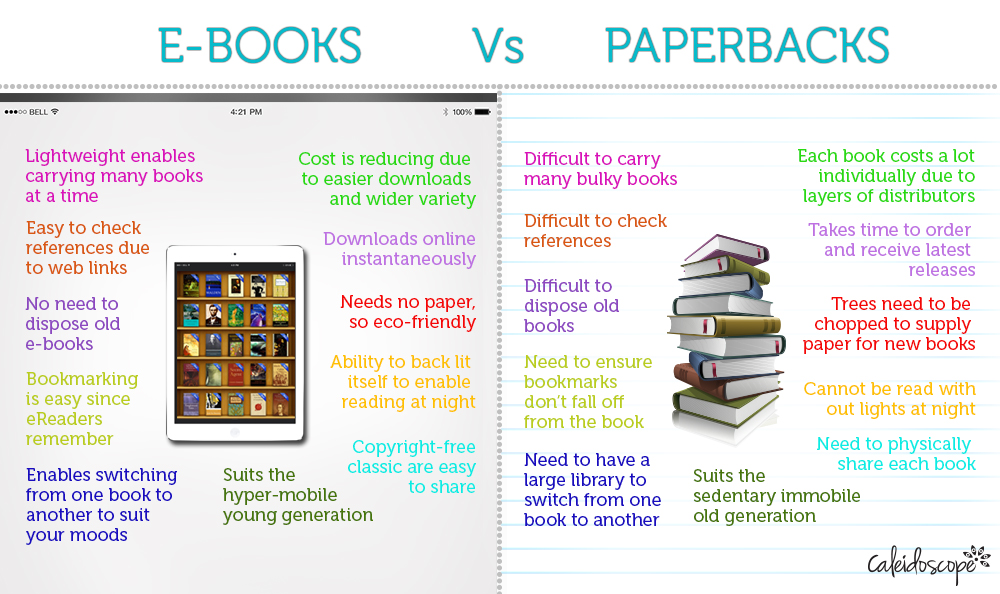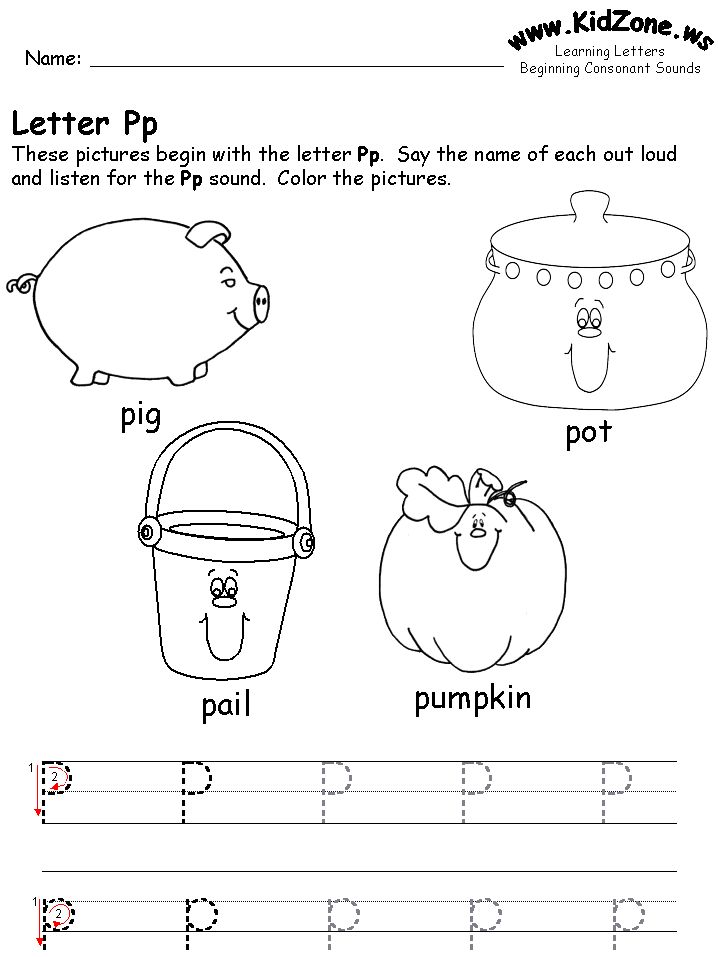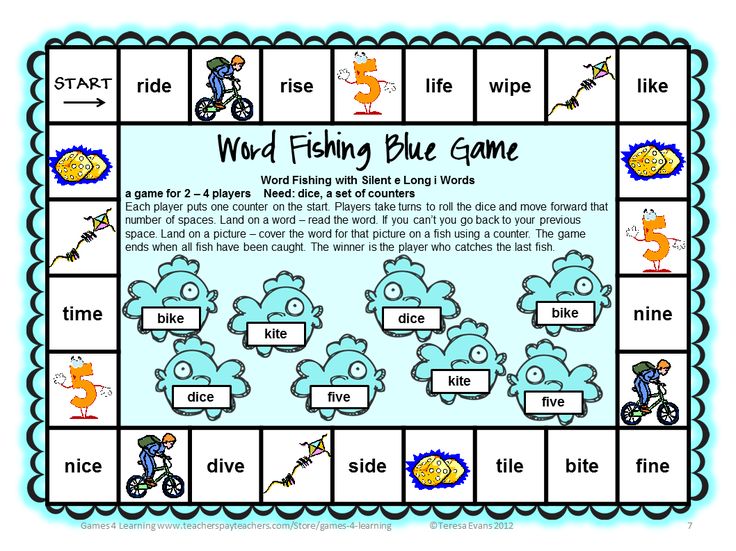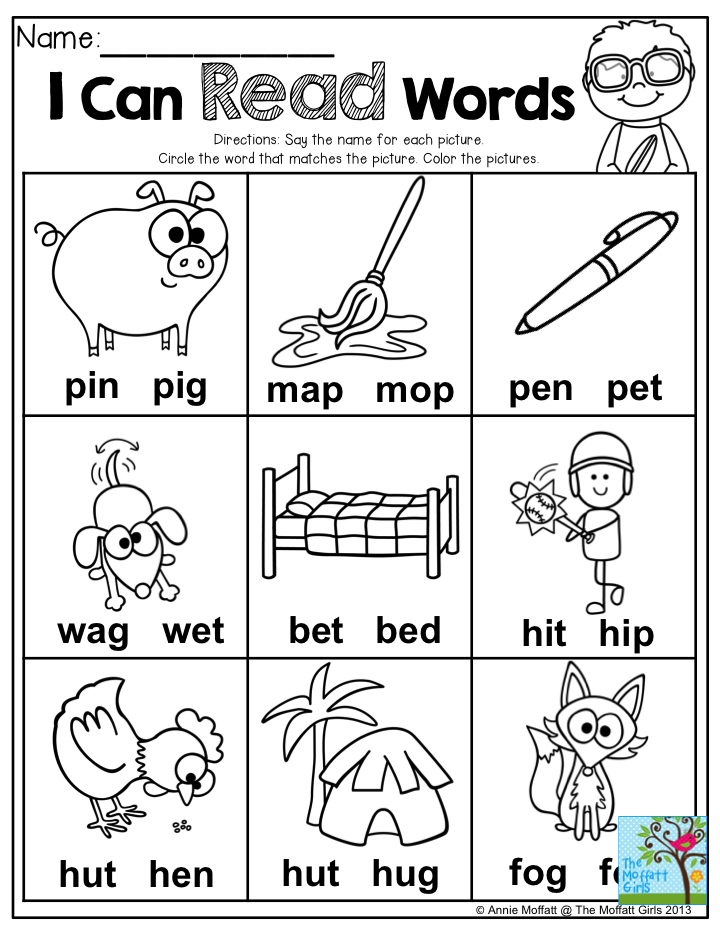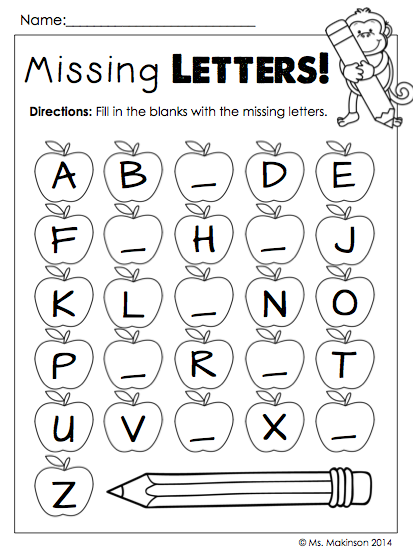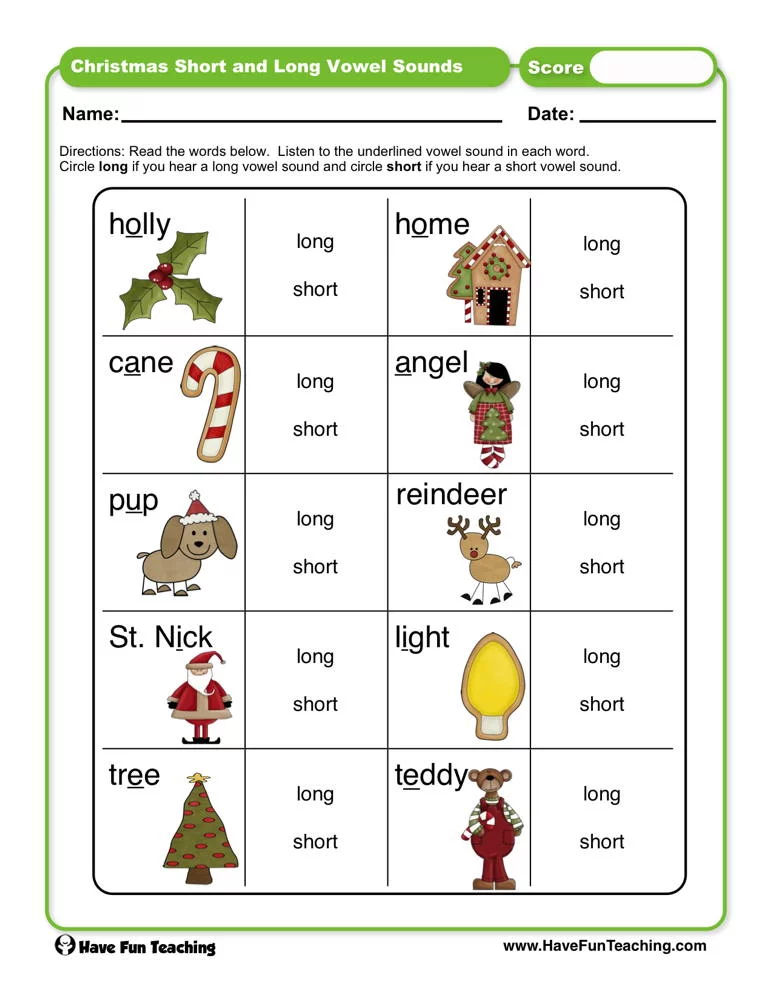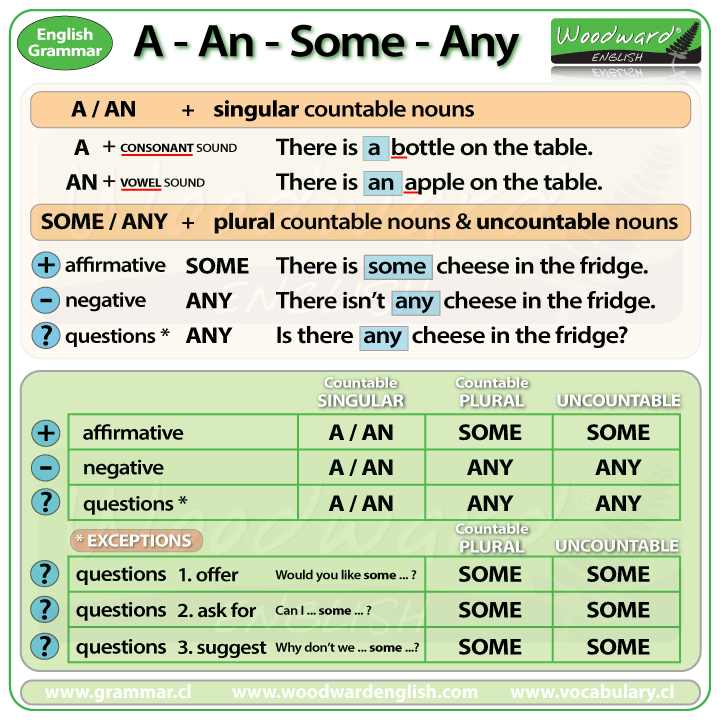Benefit of reading to your child
Benefits & Importance of Reading to Children
Blog
03/03/2017
It’s undeniable that a child’s reading skills are important to their success in school, work, and life in general. And it is very possible to help ensure your child’s success by reading to them starting at a very early age. Continue reading to learn more about the top benefits of reading to children and how reading can support them for the future.
7 Benefits of Reading to Children
Whether you’re reading a classic novel or fairy tales before bed, reading aloud to children can significantly benefit your child’s life. Some benefits reading to children include:
- Supported cognitive development
- Improved language skills
- Preparation for academic success
- Developing a special bond with your child
- Increased concentration and discipline
- Improved imagination and creativity
- Cultivating. lifelong love of reading
Reading to young children is proven to improve cognitive skills and help along the process of cognitive development. Cognitive development is the emergence of the ability to think and understand; it’s “the construction of thought processes, including remembering, problem solving, and decision-making, from childhood through adolescence to adulthood” (HealthofChildren.com). It refers to how a person perceives and thinks about his or her world through areas such as information processing, intelligence, reasoning, language development, attention span, and memory.
When you begin reading aloud to your child, it essentially provides them with background knowledge on their young world, which helps them make sense of what they see, hear, and read. In fact, many educators and researchers postulate that “It is the talk that surrounds the reading that gives it power, helping children to bridge what is in the story and their own lives,” rather than just the vocalization of the words. Introducing reading into your young child’s life, and the conversations that it will prompt, helps them to make sense of their own lives, especially at a young age.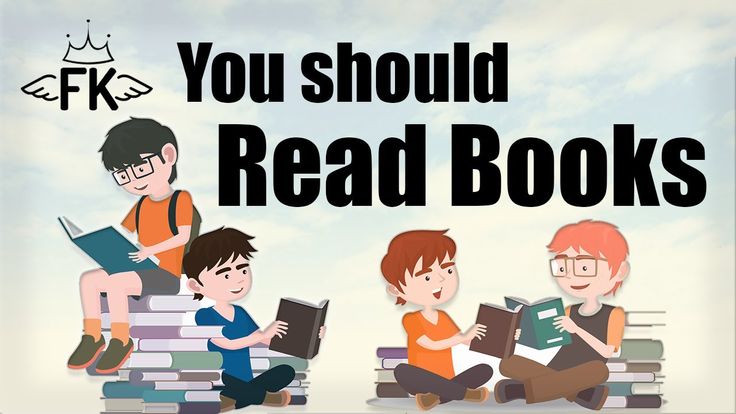
Consider this excerpt from a study on toddlers’ cognitive development as a result of being read aloud to:
“A child care provider reads to a toddler. And in a matter of seconds, thousands of cells in these children’s growing brains respond. Some brain cells are ‘turned on,’ triggered by this particular experience. Many existing connections among brain cells are strengthened. At the same time, new brain cells are formed, adding a bit more definition and complexity to the intricate circuitry that will remain largely in place for the rest of these children’s lives.”
Therefore, the more adults read aloud to their children, the larger their vocabularies will grow and the more they will know and understand about the world and their place in it, assisting their cognitive development and perception.
Improved language skillsReading daily to young children, starting in infancy, can help with language acquisition, communication skills, social skills, and literacy skills. This is because reading to your children in the earliest months stimulates the part of the brain that allows them to understand the meaning of language and helps build key language, literacy and social skills.
This is because reading to your children in the earliest months stimulates the part of the brain that allows them to understand the meaning of language and helps build key language, literacy and social skills.
In fact, a recent brain scan study found that “reading at home with children from an early age was strongly correlated with brain activation in areas connected with visual imagery and understanding the meaning of language” (TIME.com)
These cognitive skills and critical thinking skills are especially important when you consider that, according to the American Academy of Pediatrics, more than one in three American children start kindergarten without the skills they need to learn to read. About two-thirds of children can’t read proficiently by the end of the third grade.
Furthermore, while a child will be able to latch onto vocabulary and language he or she hears around him or her, introducing reading into their auditory learning provides another benefit: it introduces the language of books, which differs from language heard in daily life. Whether it’s a children’s book or classic novel, book language is more descriptive, and tends to use more formal grammatical structures.
Whether it’s a children’s book or classic novel, book language is more descriptive, and tends to use more formal grammatical structures.
Early reading with your child is a true one-on-one opportunity for children to communicate with their parents and parents to communicate with their children. It allows children to grow their vocabulary skills with exposure to new words and listening skills they develop from hearing someone read to them that become vital to their academic success.
Studies have shown that “the more words that are in a child’s language world, the more words they will learn, and the stronger their language skills are when they reach kindergarten, the more prepared they are to be able to read, and the better they read, the more likely they will graduate from high school” (PBS.org).
Numerous studies have shown that students who are exposed to reading before preschool are more likely to do well when they reach their period of formal education.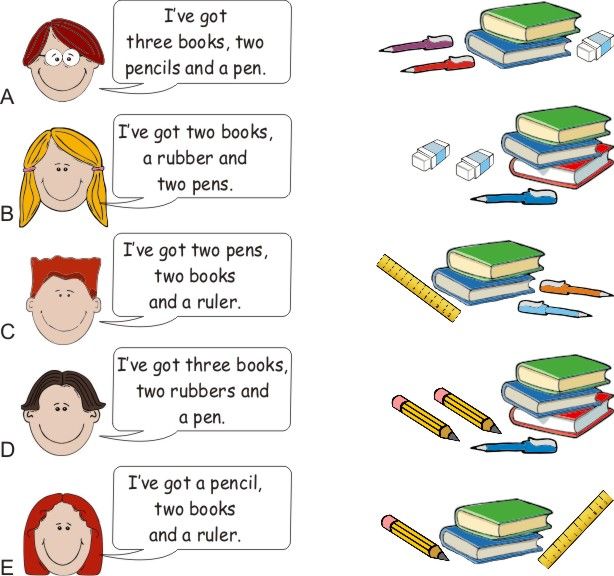 According to a study completed by the University of Michigan, there are five early reading skills that are essential for development. They are:
According to a study completed by the University of Michigan, there are five early reading skills that are essential for development. They are:
- Phonemic awareness – Being able to hear, identify, and play with individual sounds in spoken words.
- Phonics – Being able to connect the letters of written language with the sounds of spoken language.
- Vocabulary – The words kids need to know to communicate effectively.
- Reading comprehension – Being able to understand and get meaning from what has been read.
- Fluency (oral reading) – Being able to read text accurately and quickly.
While children will encounter these literacy skills and language development once they reach elementary school and beyond, you can help jumpstart their reading success by reading to them during infancy and their early toddler years.
While they won’t be able to practice fluency or phonics at that stage, they will get an earlier introduction to phonetic awareness, vocabulary and reading comprehension, all of which will set them up for success as they grow and interact with the world around them.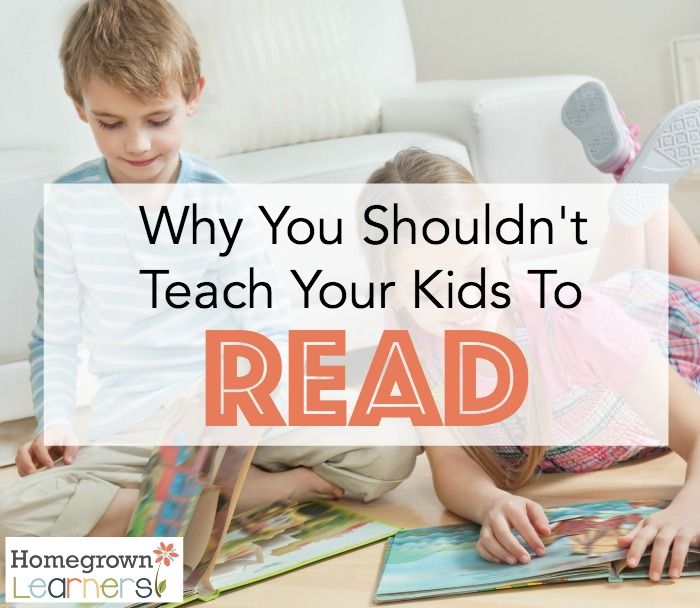
Developing a special bond with your child
It goes without saying that reading to your young child on a regular basis can help you forge a stronger relationship with them. When it comes to children, one of the most important things you can do to positively influence their development is spend time with them. Reading to your children provides a great opportunity to set up a regular, shared event where you can look forward to spending time together. With shared reading, your child will trust and expect that you will be there for them. The importance of trust to small children cannot be overstated.
Reading a favorite book to your children not only helps you bond with them, but also gives your children a sense of intimacy and well-being. This feeling of intimacy helps your child feel close to you, and the feelings of love and attention encourage positive growth and development.
With babies specifically, although they may not be able to understand what you’re saying when you read to them, reading aloud provides a level of invaluable nurturing and reassurance.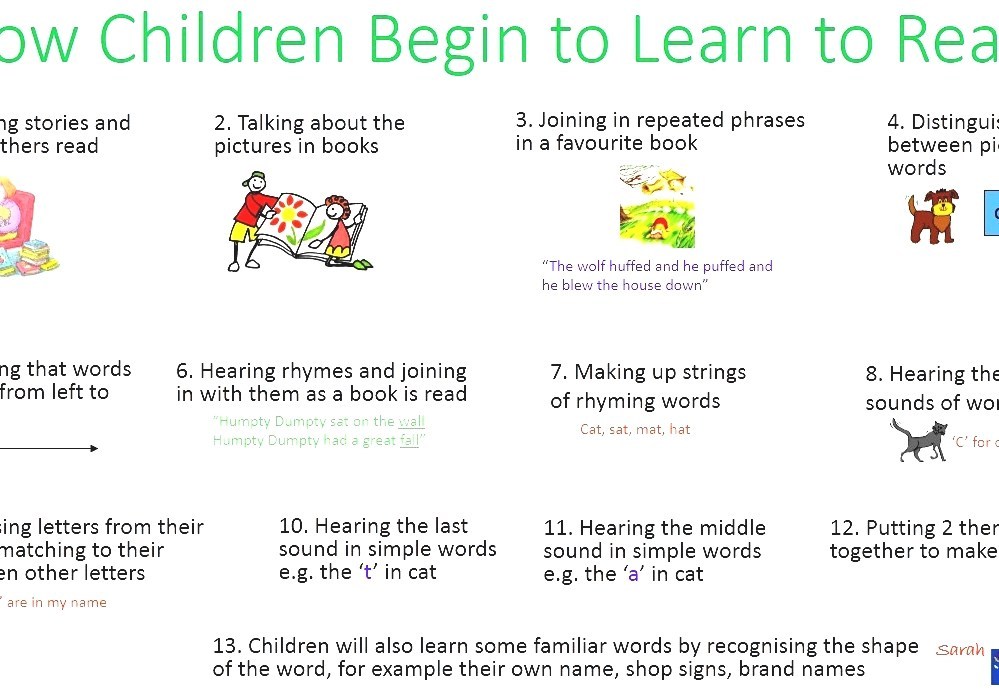 Very young babies love to hear familiar voices, and reading is the perfect outlet to create this connection.
Very young babies love to hear familiar voices, and reading is the perfect outlet to create this connection.
At a broader, more scientific level, it’s the parent-child relationship, nurturing relationships between caregivers and children that set a positive life course. If you are able to read aloud with your child at a predictable, scheduled time that fits with the daily routines of home and school, you’ll be able to provide something constant that they can expect and likely even look forward to.
Reading aloud together and having a shared activity gives you and your child something to talk about, which in turn supports the development of reading and writing skills (per the vocabulary and reading comprehension areas of development mentioned above). And down the road, reading together can be used to discuss real-life experiences and issues. A children’s book can provide springboards to meaningful discussions about many different topics which can further develop a child’s critical thinking skills.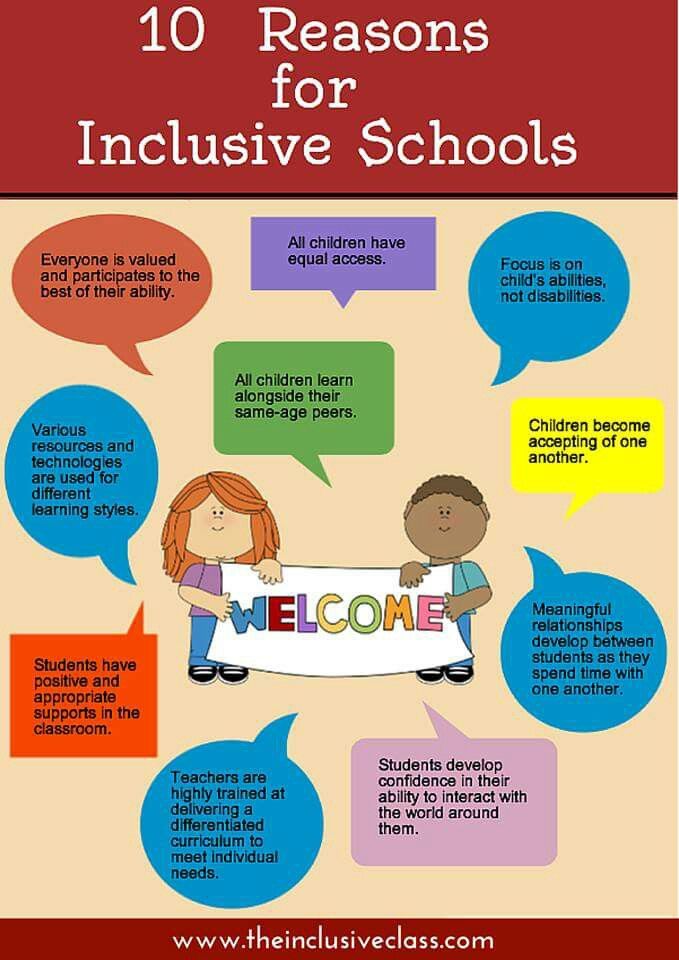
At its core, literature is one of the best ways to help kids understand something without necessarily having to experience it for themselves. Reading to your child helps to expose them to all types of subjects and concepts, building our children’s understanding of humanity and the world around them (ReadBrightly.com).
Increased concentration and disciplineIntroducing regular reading time into your child’s schedule has another benefit outside of creating shared time together: increased discipline and concentration. Very young children rarely sit still for long, and it’s oftentimes difficult to get them to focus. But when you introduce regular reading to your children, you may start to observe a change in behavior. Toddlers may initially squirm and become distracted during story time, but eventually they’ll learn to stay put for the duration of the book.
According to EarlyMoments.com, along with reading comprehension comes “a stronger self-discipline, longer attention span, and better memory retention, all of which will serve your child well when she enters school.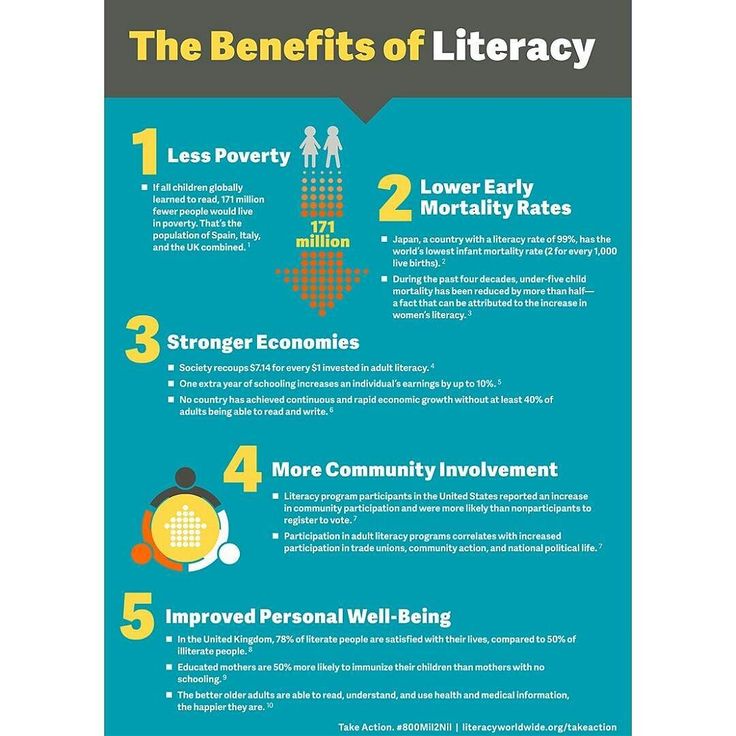 ”
”
Young children naturally have a capacity to dream big and use their imaginations. Reading aloud to your child helps them use their imaginations to explore people, places, times, and events beyond their own experiences. Reading as an imaginative activity can open doors to all kinds of new worlds for your child. By widening your child’s imagination, your child is more likely to dream bigger and act creatively which can benefit they school, work, and life in the future.
Cultivating a lifelong love of readingAccording to Jim Trelease, author of the best-seller, The Read-Aloud Handbook: “Every time we read to a child, we’re sending a ‘pleasure’ message to the child’s brain… You could even call it a commercial, conditioning the child to associate books and print with pleasure” (ReadAloud.org)
This connection between reading and “pleasure” is crucial for success later in life. As personal development coach and speaker Brian Tracy says, your ability to expand your mind and strive for lifelong learning is critical to your success — “Learning is the minimum requirement for success in any field.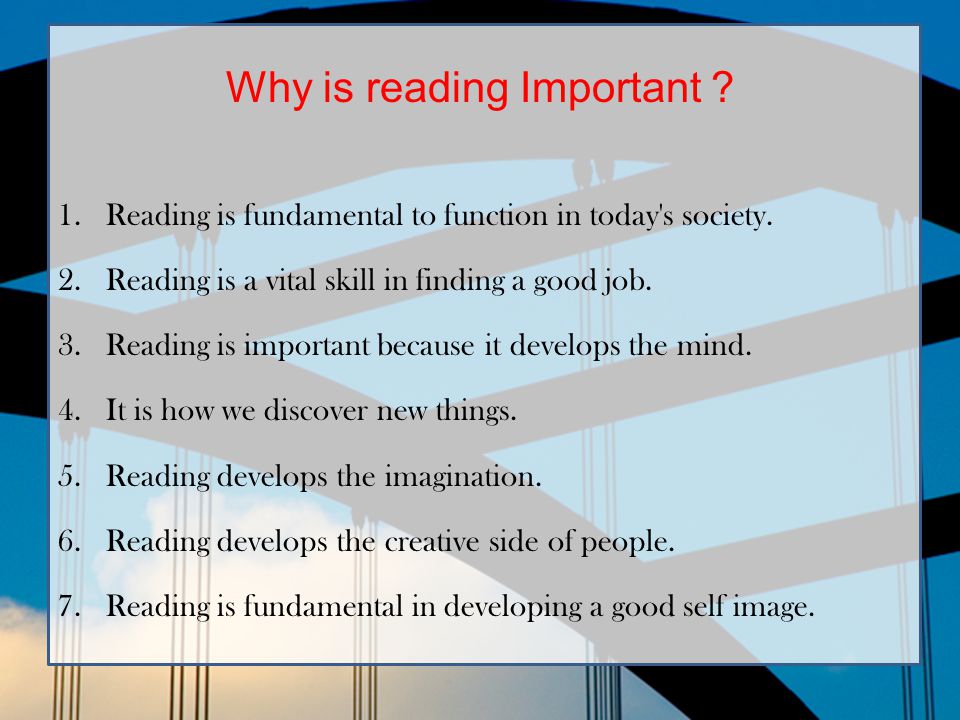 ”
”
Reading is the key for lifelong learning, and if you can instill a love of reading at an early age, then a commitment to lifelong learning is sure to follow. Reading aloud presents books as sources of pleasant, valuable, and exciting experiences. Children who value books are motivated to read on their own, and will likely continue to practice independent reading throughout the rest of their lives.
When it comes to reading to your children, the benefits to your child’s life range far beyond the development of a close bond with them, although that’s certainly one of them. Reading aloud to children is truly the single-most important activity for building these understanding and skills essential for reading success that your child will carry with them all throughout their life.
To learn more about our resources for children, visit our website.
Related Articles
This website uses cookies to improve your experience.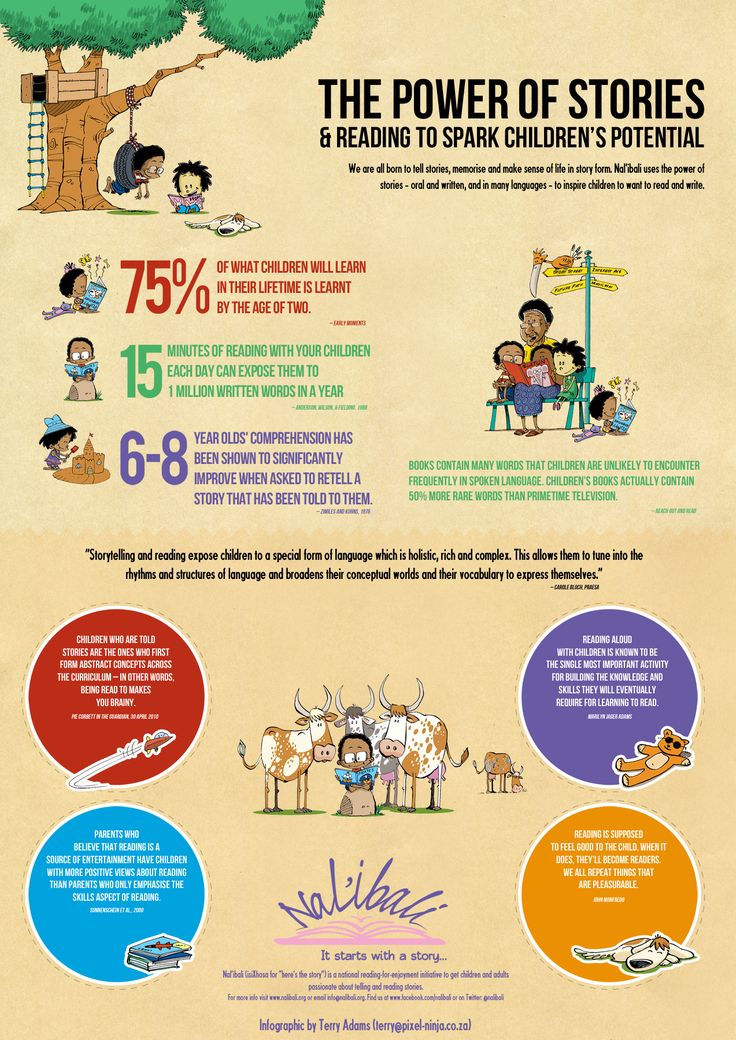 By continuing to use our site you agree to our Privacy Policy. ACCEPT
By continuing to use our site you agree to our Privacy Policy. ACCEPT
Why It’s So Important and How to Start
Babies and young children are sponges that soak in practically everything in their environments. It’s true! Even during story time, their minds are at work, taking in all the language they hear and lessons the characters learn.
Reading to your child — at any age — will boost their brain development, your bond, and so much more. And all it takes is a few books, motivation, and a little time.
Here’s how to get started.
First, set the scene in your head. You choose a book. You sit down in your favorite armchair, with your child in your lap, and open to the first of many smooth, colorful pages.
You begin to read, and your child is utterly captivated by the story. It’s magic. What’s even better is that your child isn’t just having fun, they’re learning!
Reality may look a little different: Just know you’re not alone if your baby tries to eat the book or your toddler wanders around the room instead of sitting patiently. But the benefits of reading remain the same.
But the benefits of reading remain the same.
Bonding
Reading provides a wonderful opportunity for you and your child to connect. It’s a nice way to spend time together and slow down during an otherwise hectic day.
Research from 2008 pointed out how reading can support a solid parent-child relationship. Kids feel secure when they’re read to. Plus, caregivers who have a positive attitude toward books and reading in turn help their children view literacy in a positive way.
Listening skills
Hearing a story read aloud involves some level of comprehension on your child’s part. And comprehension is dependent on paying attention — in other words, listening skills.
The experts at Scholastic explain that listening is a skill kids must acquire before they can read themselves.
They suggest that books on tape are a great addition to reading one-on-one with your child. These often provide entertainment value, too, like silly voices, music, and other embellishments.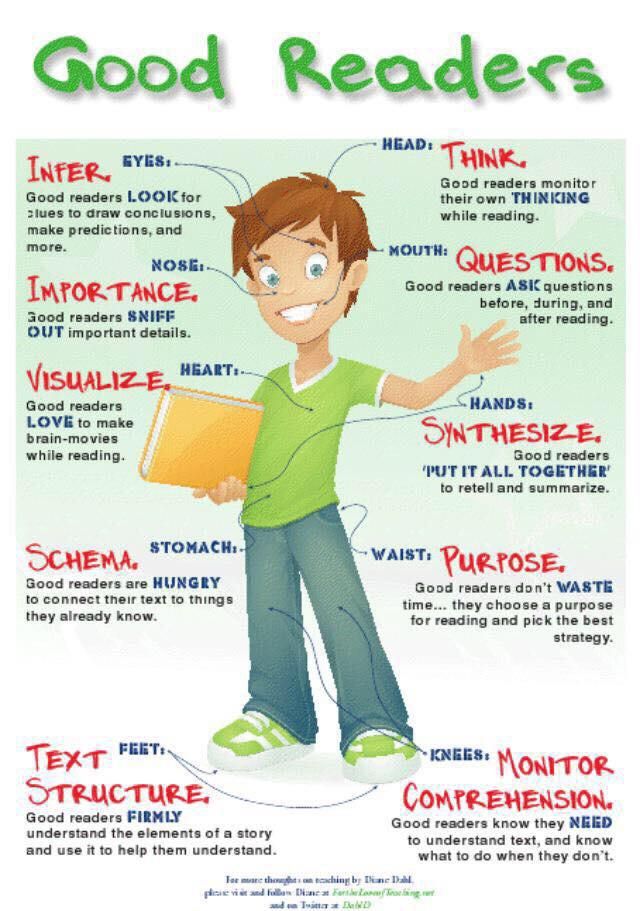
Cognitive and language development
Even the youngest children benefit from hearing their caregivers read to them. A 2013 study showed that babies who are read to and talked to score higher in language skills and cognitive development, like problem solving.
Research from 2018 suggests that this link extends throughout childhood into the teen years. In fact, researchers say that verbal interactions (reading, talking, etc.) between parents and young kids may promote higher language and IQ scores all the way up to age 14.
Expanded vocabulary
Experts from the National Center on Early Childhood Development, Teaching and Learning also explain that reading books to kids helps expand the number and variety of words they use. Think about it: The books you read often contain words you might not otherwise use in your everyday communications.
While reading a book, you might end up using more specific names for different plants or animals or use more adjectives (descriptive words) altogether. And this adds up.
And this adds up.
One 2019 study estimated that children who are regularly read to in the 5 years leading up to kindergarten are exposed to 1.4 million more words than children who aren’t read to during those years.
Attention span
Dinah Castro, a bilingual family well-being educator with Cornell Cooperative Extension, shares that reading to children helps them develop key concentration and self-discipline skills.
You’ve probably dealt with a squirming, distracted toddler at story hour. But what you may also notice is that — over time — regular reading gets kids listening in order to comprehend.
And when they’re listening, they’re more likely to sit still, develop a longer attention span, and even work on their budding memory-retention skills.
Creativity
Books and stories open up a whole new world to your child. Yes, there are plenty of nonfiction books on dinosaurs, bugs, and airplanes. Fiction stories, though, go beyond the real world and employ fantasy elements that get kids thinking outside the box.
Children have vivid imaginations as is, so reading serves to further feed their creativity. And experts at PBS note that creativity is important for developing interests and ideas, as well as for fostering emotional health.
Life lessons
Books provide an opportunity to talk about real-world situations in age-appropriate ways. Kids especially enjoy books that feature children their own ages doing things they do in everyday life.
Along with modeling what happens in various situations, reading books on targeted subjects may help children not feel alone when they deal with something new, like moving across the country, or something potentially uncomfortable, like going to the dentist.
Social and emotional development
Castro also says that reading to young children teaches them how to cope with “difficult or stressful experiences.” She further explains that reading stories about potentially emotional situations, like starting at a new school, can help get a conversation going and show children that their feelings are normal.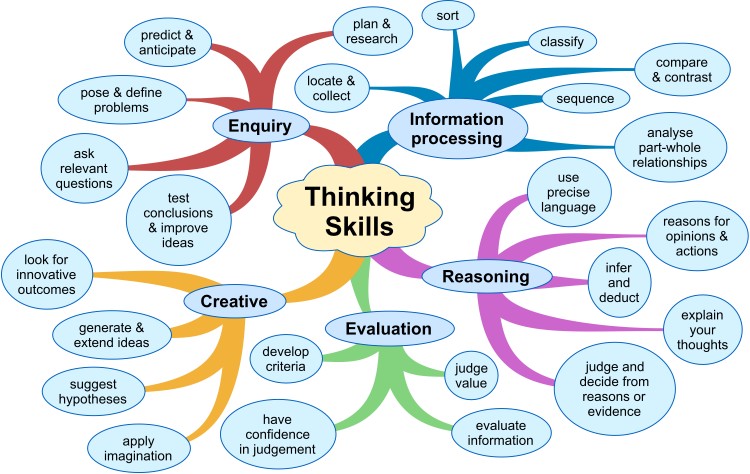
Start today! Babies, toddlers, preschoolers, and even older children all benefit from having a caregiver read to them. You don’t even need a large personal library of books to get started.
Think beyond the store — you can find a wide variety of books at your local library, secondhand shop, or Little Free Library. You can even encourage your child to borrow books from and lend them to their friends.
The youngest babies (under 6 months old) benefit from books that have simple but bold or bright images with lots of contrast. Talk to your baby as you look at the books, but words on the page aren’t necessary.
As they get a bit older (7 to 12 months), you may want to expand your collection to books with simple phrases or just a line of text that relates to the picture on the page.
Babies ages 12 to 18 months may find books with pictures of other children doing everyday things interesting. Same goes for books that have animals, television characters, or other familiar scenes in them.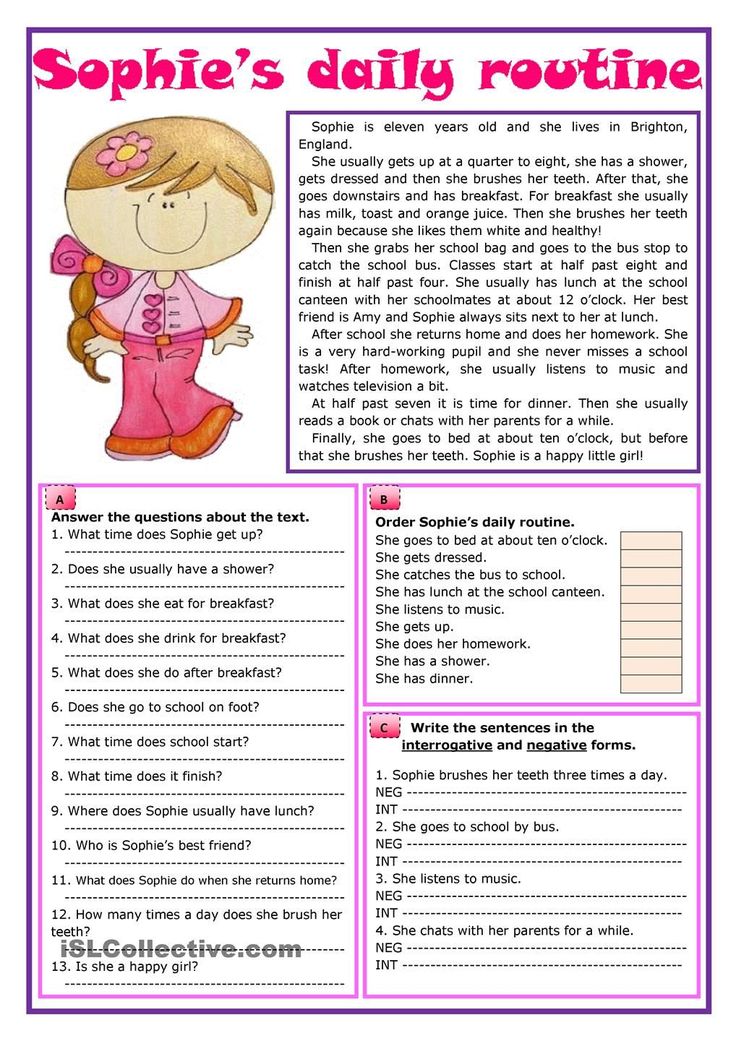 For this age group, you may look for books that have more detailed pictures and a simple story or progression of events.
For this age group, you may look for books that have more detailed pictures and a simple story or progression of events.
As your baby starts to babble and eventually talk, try involving them in what they see on the page.
For example, point to a picture and ask “What’s that?” or declare “That’s a banana!” to get your child engaging with the book. Keep it positive and try to repeat your child’s words back to them (“Yes — that looks like a cat, but it’s actually a squirrel!”).
There are lots of books, so try not to get too overwhelmed. Nursery rhymes, especially ones you might have memorized, are a good choice for babies.
And as far as construction, look for sturdy books that are made from cardboard (board books), fabric, or vinyl. Books with handles are also fun and let your baby transition from reading time to play time.
Kids between the ages of 19 and 30 months also enjoy books that feature familiar characters.
At this age, they tend to favor books with lots of action, pictures, and details versus lots of words on the page.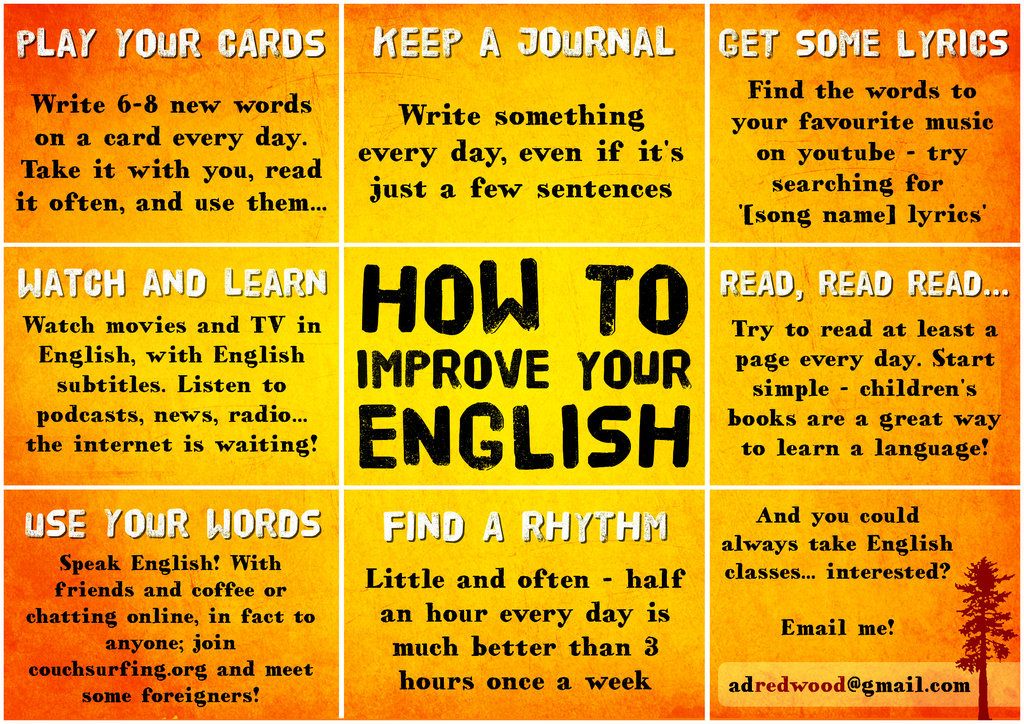 Look for books that contain short stories, particularly those with cause-and-effect relationships or a problem that the characters must work to overcome.
Look for books that contain short stories, particularly those with cause-and-effect relationships or a problem that the characters must work to overcome.
Repetition is important at this age, so try to find books that allow you to rhyme, sing, or otherwise repeat the text in some way. While you’re at it, take some time to pause as you read books with repetition to see if your little one fills in the blank.
You may also want to take time to draw connections between a main character and your child. For example, you might point out, “He’s sleeping in a big boy bed, just like you!”
By the way, you can start introducing books made with paper pages versus board books at this age. Just be sure to supervise to guard against your child ripping the pages.
Preschoolers and elementary school-aged kids have a wide range of reading abilities. It’s a good idea to take their lead when it comes to simple versus complex books.
Younger kids (and even some older ones) may still appreciate pictures with little text. That said, you can start introducing stories that have more complex plots in them and books with more words than pictures — even chapter books.
That said, you can start introducing stories that have more complex plots in them and books with more words than pictures — even chapter books.
As your child begins reading on their own, you might involve them in the process of reading together by asking them to read words or sentences out loud along the way. This is great practice.
Ask questions as you move through the text, too — you don’t have to wait until the end of the book or chapter to check your child’s comprehension. Try open-ended questions like “What do you think might happen next?” These will help your child delve deeper, rather than surface questions like “What color is the house?”
Experts recommend engaging in literacy activities (like reading) for around 30 minutes per day. But you can also think outside the book here.
Try reading traffic signs or cereal boxes, singing songs, listening to audiobooks together, or having your child read to you to the best of their ability. It’s all good.
Librarian Donna Jeansonne says that you shouldn’t stop reading to your child once they learn to read themselves. While independent reading is certainly important, reading out loud to kids as old as age 14 still holds benefits, both academically and emotionally.
While independent reading is certainly important, reading out loud to kids as old as age 14 still holds benefits, both academically and emotionally.
At this age, it’s about your older child’s reading fluency and comprehension. It may be helpful for them to follow along in the book as you read. And consider asking questions about the text to gauge their comprehension.
Again, all you really need to do is take the time to read to your child. It’s truly as simple as that. However, you might be wondering how to make the experience more enjoyable for everyone.
Here are some tips:
- Be consistent. Whether it’s one book per day or 15, try to make reading a part of your regular routine. And while you’re at it, you don’t have to read different books each time you sit down. Kids love hearing the same stories over and over again — and they learn through this type of repetition.
- Take your time. Be sure to leave enough time to read versus sneaking it in or — worse — making it a chore.
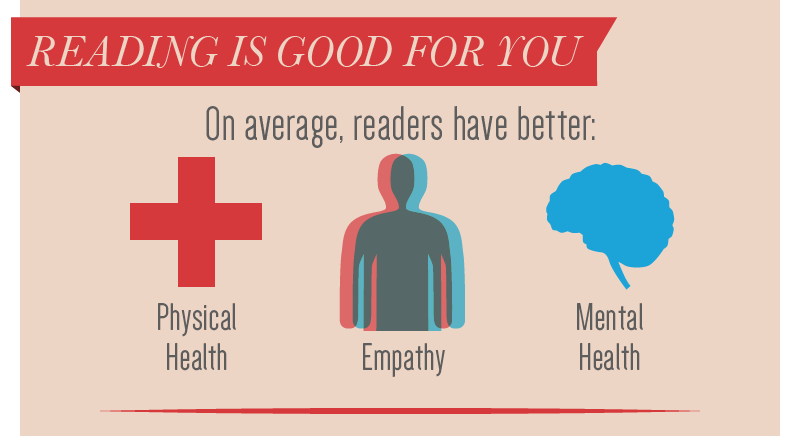 Of course, you won’t have loads of time each day to read, so some quickies are just fine. However, your child should see reading as a dedicated activity and one that you give your full attention to.
Of course, you won’t have loads of time each day to read, so some quickies are just fine. However, your child should see reading as a dedicated activity and one that you give your full attention to. - Make it fun. Use different voices for characters, pauses, songs, or other dramatics to make the story come to life. Reading with flair will help your child better understand the story. It also provides a good model of expressive and fluent reading for kids who have begun reading by themselves.
- Point out connections. Children love applying stories to their own lives. It not only makes the text more meaningful, but it also may help your child cope with different situations they encounter in their everyday experience. Point out those connections to your child. Note where the character was brave about that monster beneath their bed. Applaud the character who used the potty for the first time.
- Don’t stop with books. Any exchange of words is beneficial to kids.
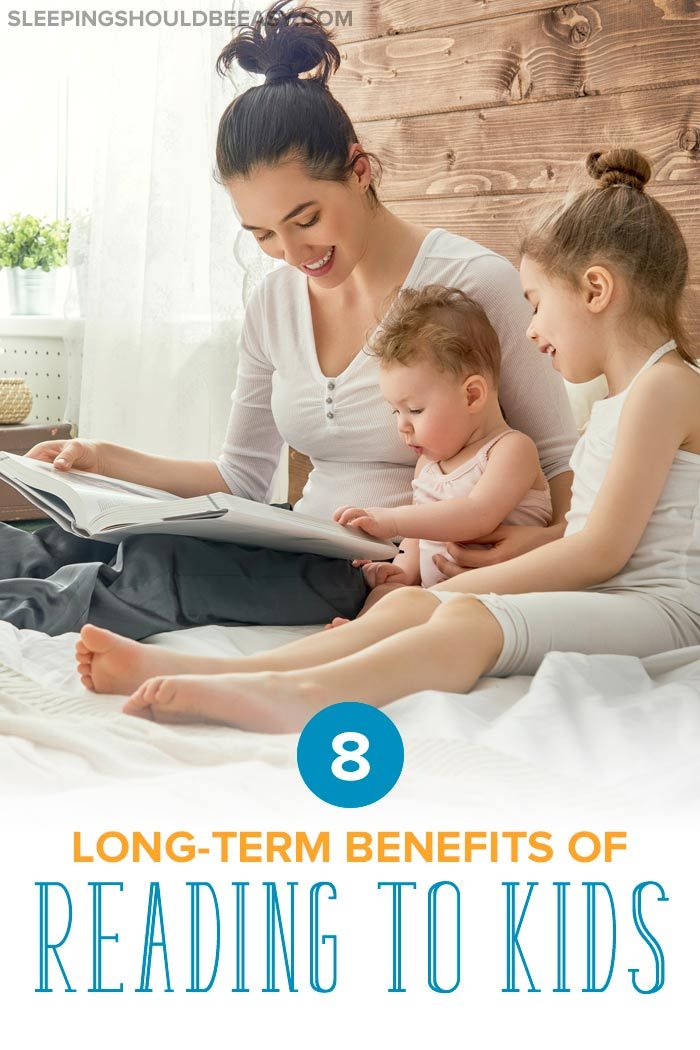 So, if you’re uninspired by books one night, turn to telling stories. You can also look at pictures and talk about what you see or ask your child to be the storyteller. Anything that gets language flowing between you and your child is golden.
So, if you’re uninspired by books one night, turn to telling stories. You can also look at pictures and talk about what you see or ask your child to be the storyteller. Anything that gets language flowing between you and your child is golden.
When it comes to early literacy and language skills, both the quality and quantity of the words you speak to your child matter. Books provide an excellent opportunity to get talking, telling stories, and connecting with your little one.
If you still don’t know exactly how to start, consider hitting up your local library and chatting with a librarian in the children’s department. You can get book suggestions, take out books and other media for free, and sign up for events (like in-person or virtual story hours) that’ll get your whole family inspired to read.
What is the use of reading books for children? | Home and family
They do not get out of computer games, do not leave the TV. What will your child carry with them into adulthood? Oh yes, he knows by heart how many levels and how to pass them in a popular computer game.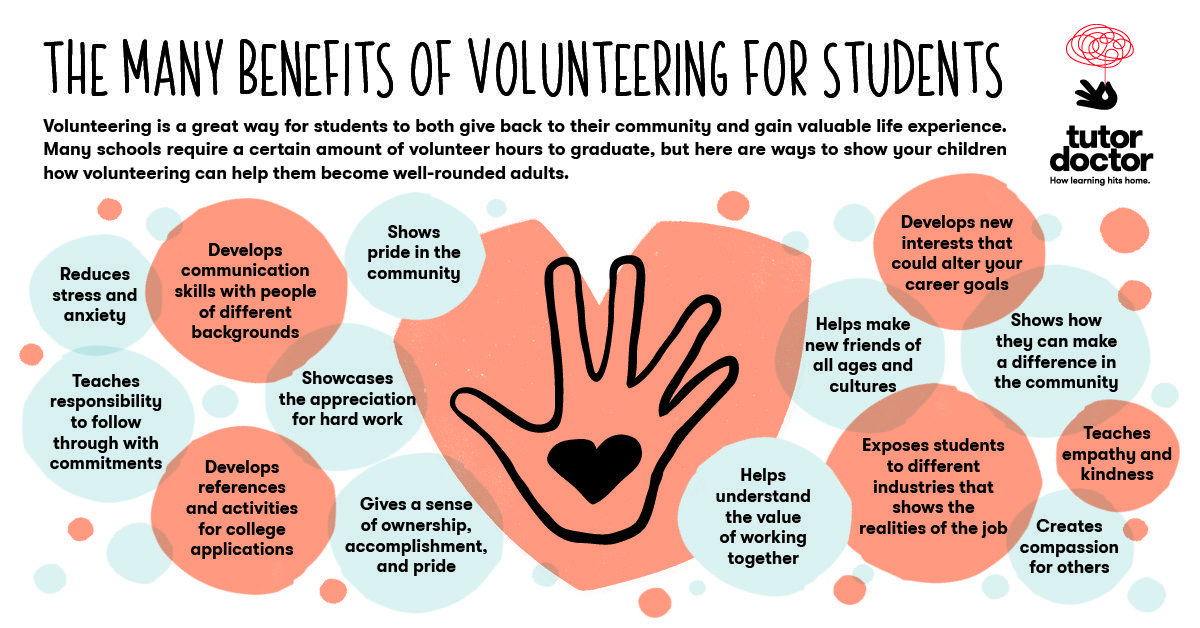 For entertainment, short-term, this is fine. But how will this help him in the future, when he will work and raise his children? If now your son comes up and asks you who Captain Grant is and why they were looking for him somewhere, you, of course, will answer, but you read the novel "Captain Grant's Children" in your childhood. And what will he tell his children in response to a similar question if he does not read the book? It's not about this book specifically, but in general, in the level of intelligence. Which is raised and developed by reading.
For entertainment, short-term, this is fine. But how will this help him in the future, when he will work and raise his children? If now your son comes up and asks you who Captain Grant is and why they were looking for him somewhere, you, of course, will answer, but you read the novel "Captain Grant's Children" in your childhood. And what will he tell his children in response to a similar question if he does not read the book? It's not about this book specifically, but in general, in the level of intelligence. Which is raised and developed by reading.
I would like to believe that in most families parents still teach their children to read books. And it's not all bad. But if you missed this important moment - to arouse interest in books in your child, be sure to catch up. Better late than never.
When we, as teenagers, read the adventures of Timur and his team, for example, our morality, the most important criteria that every decent person should be guided in life, was somehow imperceptibly formed for us. We learned to distinguish good deeds from bad deeds. We learned to help, not to remain indifferent. Many books have taught us what we know now. It was a great help in raising children to our parents, grandparents, teachers.
We learned to distinguish good deeds from bad deeds. We learned to help, not to remain indifferent. Many books have taught us what we know now. It was a great help in raising children to our parents, grandparents, teachers.
Recently there was a statement on social media: “I fear that the day will surely come when technology will surpass human communication. And the world will get a generation of idiots.”
Think about it, this is close to the truth. Our children's generation is most at risk. We studied even when the priority was high-quality education, intellectual enrichment. Our children risk living like Spider-Man, vampires, various sponge-beans, Batmans, men in black, etc. Children will imitate these heroes. They will look up to them.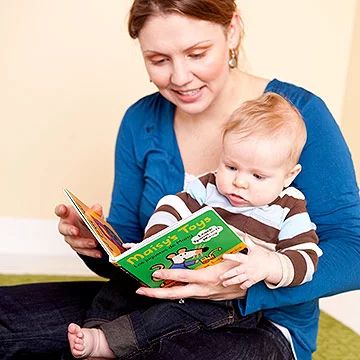 Even we, adults, communicate with friends more and more using the Internet, and not live.
Even we, adults, communicate with friends more and more using the Internet, and not live.
Someone will say that time dictates its heroes and conditions for life. So it is. Only if humanity is destined to survive (not some part of it, but humanity as a whole), then only on condition of a return to the moral values of the past. But their parents didn’t teach us every hour, did they? We found a lot in books. Of course, the example of parents is the best education. The child looks up to you, remember this. What you are, what your children will be. With rare exceptions, of course.
What will you gain by teaching children to read?
The first and most important thing is the ability to think and analyze. The child needs to write an essay. What was in your school time? They read, thought, retold, thereby enriching themselves intellectually. What now? The finished essay is available online. Where is the benefit? Why is it even necessary then? For school grades? For a teacher? Think about it.
The child needs to write an essay. What was in your school time? They read, thought, retold, thereby enriching themselves intellectually. What now? The finished essay is available online. Where is the benefit? Why is it even necessary then? For school grades? For a teacher? Think about it.
The second is literacy. Today, every second student at school, and what's there, many adults too, manage to make two mistakes in a five-letter word. And these are not some complex terms, but ordinary colloquial words. The more a child reads, the more competently he writes and speaks. The benefits of reading are expressed in the habit of correctly expressing one's thoughts, stimulating the thought process. A person who reads a lot already “automatically” writes correctly. He may not remember the rules, but he writes correctly. And the rules can be made up.
Third, your child is in business. Doesn't hang around unattended. Does not "hang" on the Internet, risking spoiling the eyes and psyche. I read the book - and let him retell it to you in the evening. Huge benefit. Training of memory, speech, and perhaps something new for you (after all, you have not read all the books). And you can also think together about what you read, analyze, highlight something, and here is the finished essay. In the process of such joint work, you and your child are together, your mutual love is growing stronger. His respect and trust in you grows.
Fourth, the child will learn to perceive information. What is the ideal educational process? The child is told a new topic, he (provided that he knows the previous topic, since knowledge must be obtained in the correct sequence) listens, asks meaningful, clarifying questions to the teacher. He does not look at him with glassy, uncomprehending (from the impact of virtual games) eyes, but thinks, analyzes and remembers. At home, the material fixes. Supplements reading books. If a child loves to read, knows how to work with a book, then he will not have much difficulty in his studies. And how easy it will be for him to study at the university. But you still have to go there. Forget about bribes, all this will gradually become a thing of the past.
He does not look at him with glassy, uncomprehending (from the impact of virtual games) eyes, but thinks, analyzes and remembers. At home, the material fixes. Supplements reading books. If a child loves to read, knows how to work with a book, then he will not have much difficulty in his studies. And how easy it will be for him to study at the university. But you still have to go there. Forget about bribes, all this will gradually become a thing of the past.
The fifth is memory training. This will help you do your homework on your own. Without asking for your help. Today, lessons are already a large-scale problem. Do you remember how much your parents did with you? Do not ask anyone, everyone is now either hiring tutors, or doing homework with the children themselves until night. And so the program is complex, sometimes inadequate and inconsistent, and then there is no memory. In universities, the scope of the curriculum is huge. You can't make a career at work without a trained memory. Thus, if a child does not read, he will not be able to get a quality education. Maybe you’ll grind out a certificate, guess the tests in the exam, but what will remain in your head?
In universities, the scope of the curriculum is huge. You can't make a career at work without a trained memory. Thus, if a child does not read, he will not be able to get a quality education. Maybe you’ll grind out a certificate, guess the tests in the exam, but what will remain in your head?
The time is approaching when real education will be in demand in economy, politics, construction, and in all spheres, instead of bought and forced. What does it mean? It means having knowledge. It is knowledge, not just grades.
And the last. Reading books, especially classics, will help the child find moral guidelines in the life of . After reading, for example, "War and Peace" by L. Tolstoy, he will understand how global any war is, how it affects every human life and destiny. Once and for all, he will understand that there is nothing more precious than human life. Not only his own, but also someone else's. The works of M. Bulgakov will teach you to think deeply and not to look for a solution to the problem on the surface, in an easy way. "Crime and Punishment" by F. Dostoevsky will clearly demonstrate to the child all the ugliness and wretchedness of a criminal act. There are many examples.
Once and for all, he will understand that there is nothing more precious than human life. Not only his own, but also someone else's. The works of M. Bulgakov will teach you to think deeply and not to look for a solution to the problem on the surface, in an easy way. "Crime and Punishment" by F. Dostoevsky will clearly demonstrate to the child all the ugliness and wretchedness of a criminal act. There are many examples.
In a word, by teaching a child to read books, accustoming him to this for life, you will grow up a smart, decent, independent and sober-minded person. Which you will be proud of.
Tags: knowledge, books, upbringing, reading, child, children, benefits of reading
benefits of reading, what and how to read to a child?
Reading to children under 3: the benefits of reading, what and how to read to a child?
Have you ever seriously thought about the benefits of reading to children, why should a young child read at all? It is known that reading books contributes to intellectual development, replenishment of vocabulary.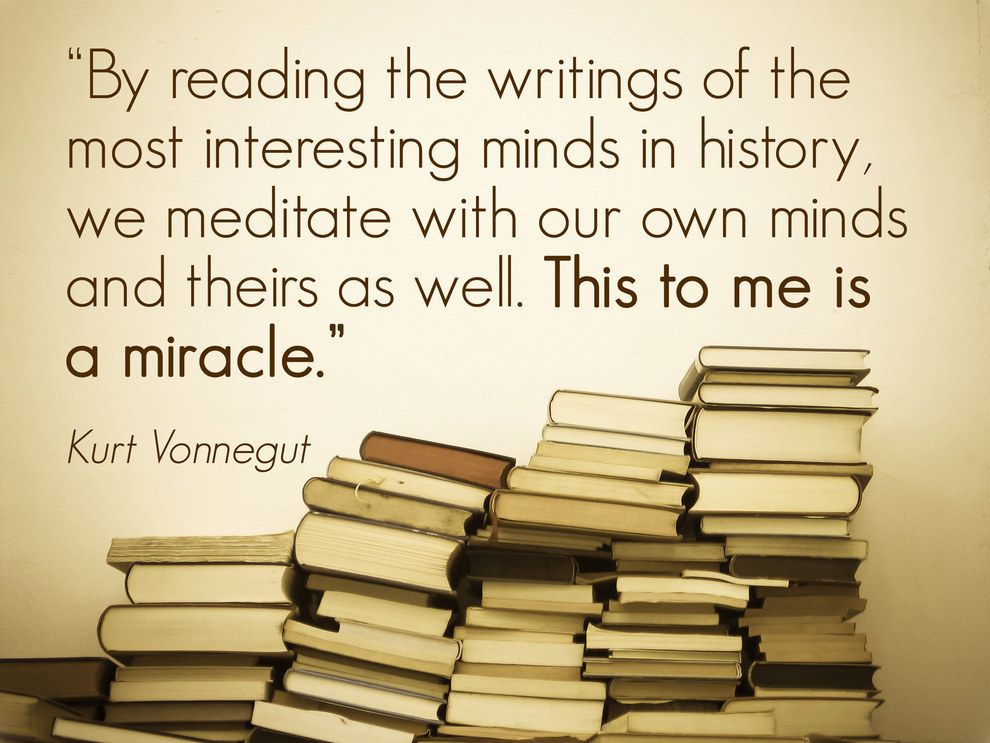 But, rather, you think that this applies to school-age children and adults.
But, rather, you think that this applies to school-age children and adults.
So why read to a kid who doesn't even understand words yet? Or who can't speak yet? In this article we will talk about the benefits and features of reading to children, what and how to read to a child from birth to three years.
Why read books to children? Benefits of Reading for Children
For the youngest children, who have not yet learned to speak, reading books is a whole complex of different activities. Here you look at the pictures together, tell what is shown. The child learns to look, notice details and listen. The baby expands his horizons, there is an understanding of objects and actions. Reading is a calm and useful pastime that perfectly prepares the little fidget for sleep.
In addition, there are at least 10 more reasons why you need to read to your child:
Reading to children has a beneficial effect on the development of creative abilities. Thanks to this activity, the imagination and imagination of the baby develops. During this process, the child presents the characters and events in their own way. Cartoons and films already have a ready-made picture and image, so there is no need to fantasize here.
Thanks to this activity, the imagination and imagination of the baby develops. During this process, the child presents the characters and events in their own way. Cartoons and films already have a ready-made picture and image, so there is no need to fantasize here.
When reading to a child, moral education does not stand aside. The kid tries on the image of a hero, experiences with him, learns to distinguish good from bad, good from evil. Sometimes the child may even have conflicting emotions, and he may ask his parents to reread the same story until he forms his own point of view. Nothing can replace such work of the soul.
Toddlers to whom parents often read books are able to learn to read on their own faster in the future, and success in school becomes much higher.
Reading contributes to the development of speech, replenishes vocabulary and broadens one's horizons.
Reading to children means teaching them to analyze, to think. Reading helps develop logical thinking, teaches you to understand the relationship of cause and effect.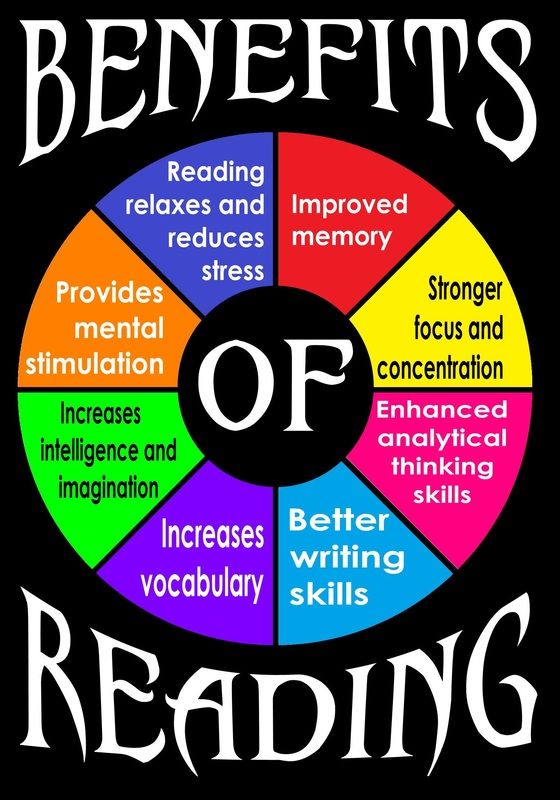
Reading is a great way to improve your relationship with your child. And spending leisure time with a child in this way, warm memories will remain for a lifetime.
Another important plus in reading to a child is the development of intelligence and literacy. The kid from an early age hears the correct speech, turns, learns to think and express his thoughts correctly.
Reading books perfectly trains the memory, which will greatly help in the assimilation of the school curriculum, and then in the university.
If you read a good story to a child at night, he falls asleep faster, and sleep becomes stronger and healthier.
Children who have been instilled by their parents with a love of reading will always find something useful and exciting to do. For them, the best leisure will be reading a book than, for example, wasting time on the Internet.
Start reading to your child as early as possible, because reading is great for developing creativity in children
What to read to children?
It is much easier for very small crumbs to pick up a book.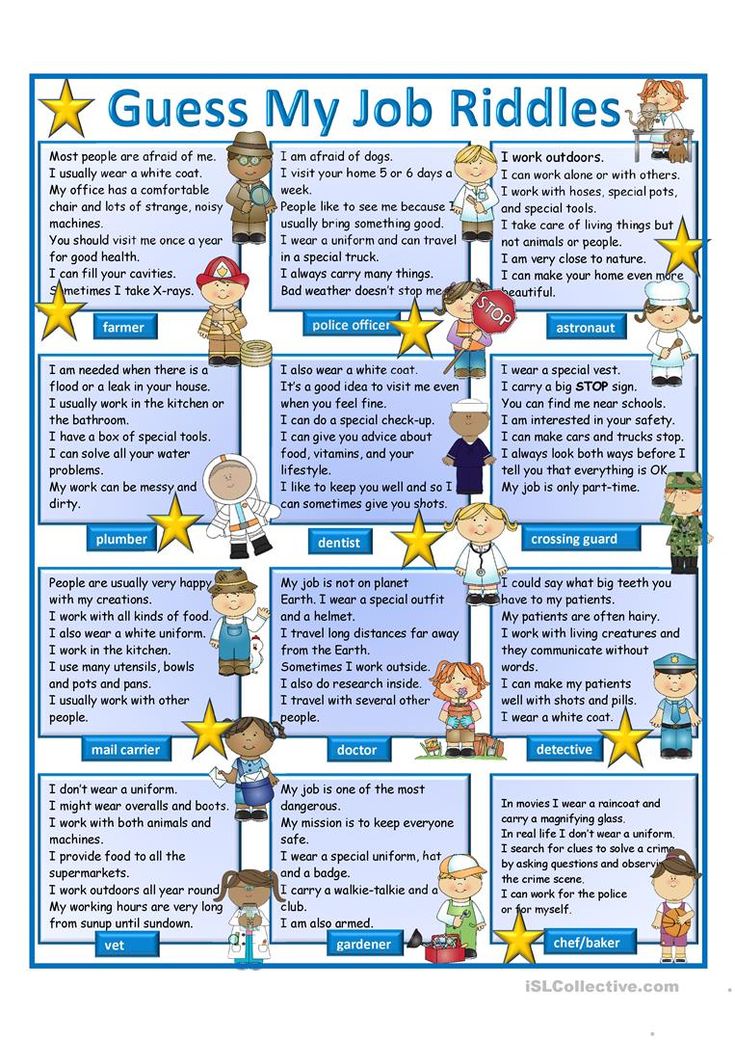 It can be simple rhymes, nursery rhymes, songs. You can purchase any printed edition with simple, kind, bright and large pictures. Flipping through the pages, you only need to tell who or what is depicted.
It can be simple rhymes, nursery rhymes, songs. You can purchase any printed edition with simple, kind, bright and large pictures. Flipping through the pages, you only need to tell who or what is depicted.
With older children it is already a little more difficult. You need to choose a book that will interest your child. And if this book made an impression on the child, then perhaps he will ask you to read it again and again.
It is also important to consider the gender of the child. Girls may be interested in one subject, and boys in another. Remember what books you read. Maybe your little one will like it too.
What to read to children? What are the main areas of literature will help the baby in development?
Fiction (classic) is more suitable for older children. Reading such books is always useful and will definitely help the child at school and university.
Tales. Choose fairy tales only with a good plot. Unfortunately, many fairy tales are very similar to horror films. Such reading is not only capable of worsening the baby's sleep, but is also a kind of "instruction" for crimes.
Such reading is not only capable of worsening the baby's sleep, but is also a kind of "instruction" for crimes.
Educational books. Here the choice is huge. The kid can read about animals, birds, crafts, phenomena and so on. Thus, the horizons of the child are greatly expanded.
Spiritual literature. There are children's books with which you can start your child's acquaintance with religion. The main thing is not to force the baby to listen if he does not like it. Discuss what you have learned with your child after each reading.
How to read to a child? We read interestingly to children
There are some peculiarities in reading to young children that may cause young mothers and fathers to put a book indefinitely.
According to the experience of many parents, the main difficulty is that a very small toddler does not want to listen to his mother's reading. And if he listens, then a maximum of a few minutes, then he runs to do more interesting things for him.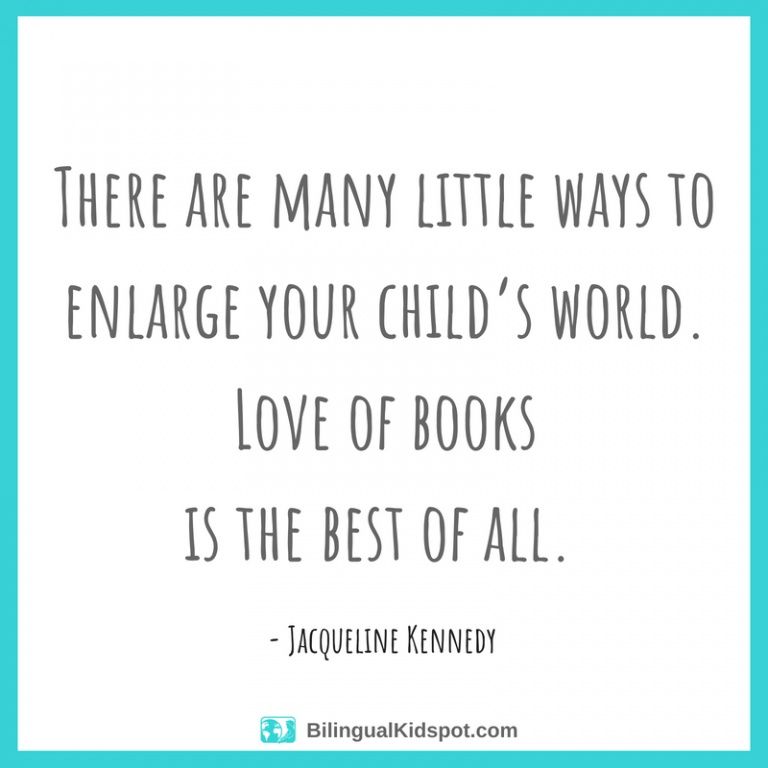
The fact is that at an early age most children do not yet possess such a quality as perseverance. They can switch their attention from one object or action to another very quickly. There is only one way out in this situation - to regularly read books to the baby, and this must be done correctly and interestingly.
When choosing a book for a baby, it is important that it contains bright, colorful and large pictures. When reading to your baby, always pay attention to these images. Tell and discuss together what you see in the picture. While reading, change intonation, depicting the heroes of a fairy tale or story, your speech should be intelligible and understandable.
Be patient. If your child is not listening to you, try reading for a while anyway. Gradually, the child will begin to listen.
If the child expresses his disagreement about what he has read, discuss such points together. Praise the child when he asked you to repeat, reread, or wants to clarify something when he does not understand.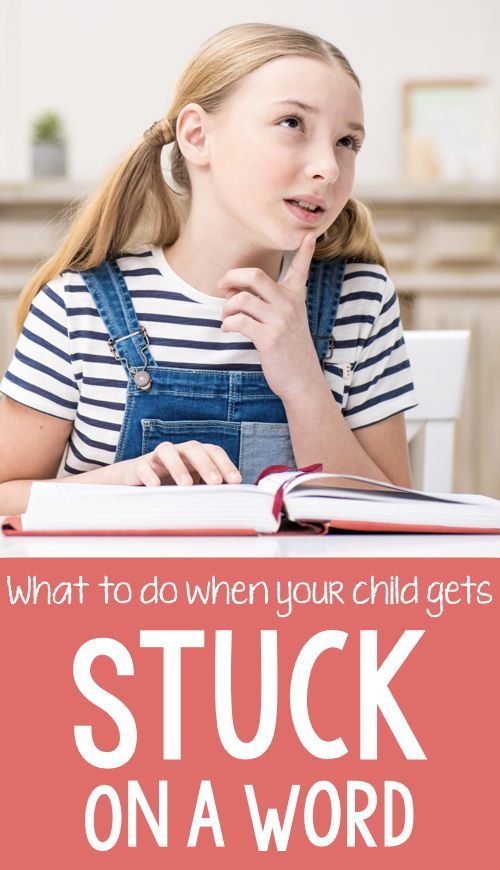
It is important to read the book to the end, even if not in one day. Only then start a new one.
Do not force your baby to listen to you if he does not want to, is naughty or not in the mood. Find another time or another approach. No need to discuss every line of what you read, highlight the main thoughts.
For each age of the child, there are certain features in reading books. Of course, it is not necessary to read "war and peace" to a newly born baby.
Below we will take a closer look at how interesting it is to read to children from birth to 3 years.
Introduction to the book from birth to year
The first acquaintance begins with the simplest images. These can be black and white shapes, patterns, or large objects of the same color. Newborns are just learning to focus their gaze on a particular subject, developing their vision and enhancing brain function.
Starting from 3-4 months, the child can be shown more complex pictures: images of people, animals.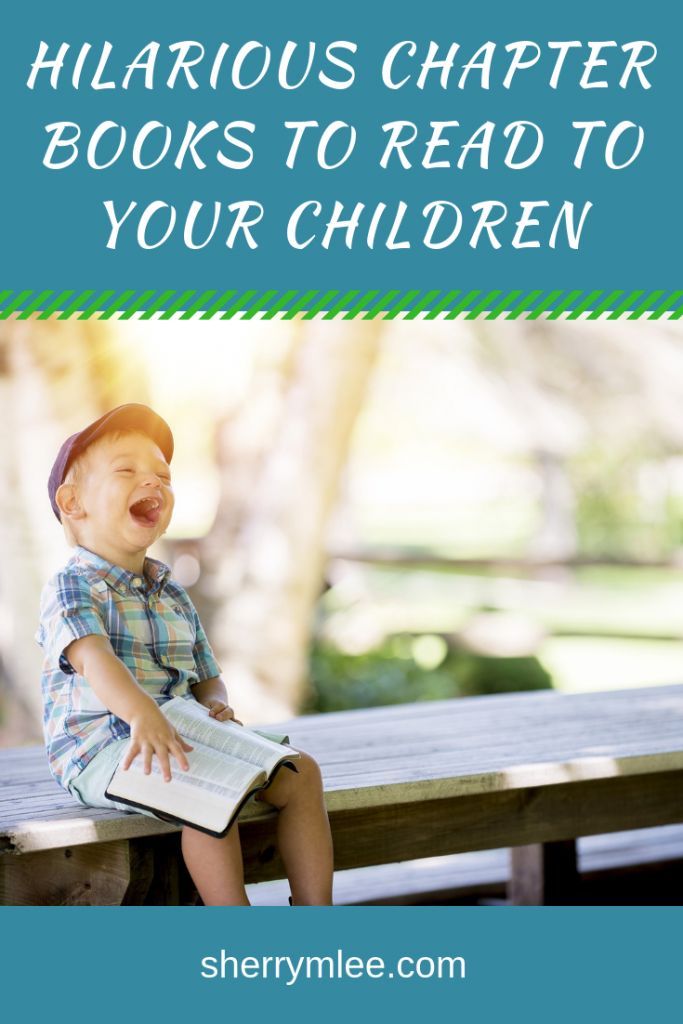 Every time, be sure to say to the baby what you see.
Every time, be sure to say to the baby what you see.
At 6 months you can already buy your baby's first book-toy. As a rule, it has no more than 5-7 dense pages. The variety of such books is huge. Their pages can be soft, rustling, there are books specially designed for swimming with children. Choose the one you like. The main thing is that the images are large and bright.
Toddlers at this age begin to explore the world around them, to study various objects and their properties. In such a book, the little one will be interested in turning the pages. Along with this, fine motor skills of the hands also develop perfectly.
Choose books with realistic objects for the correct perception of the baby. This means that the frog should be green and the tomato should be red. Ideally, if one picture shows only one object or a simple action.
Work with the baby should be when he is in a good mood. Take it in your arms, put a book in front of it and, turning the pages, tell everything you see.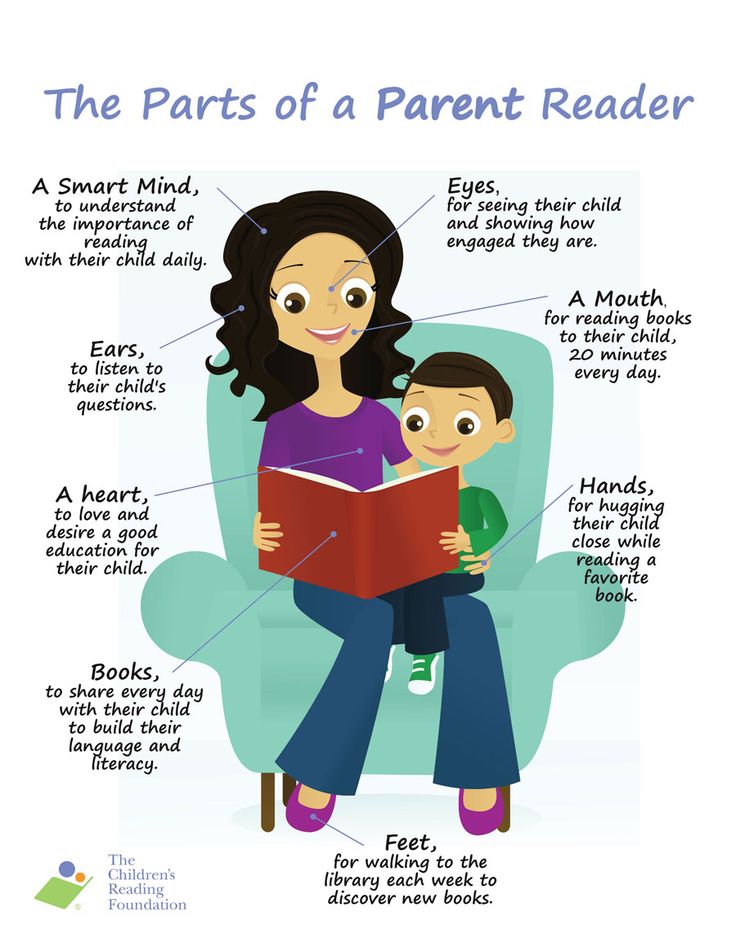 For many children, this pastime becomes one of their favorite activities.
For many children, this pastime becomes one of their favorite activities.
Reading to children 1-2 years old
At this age, kids have excellent memory. According to psychologists, children of this age cope with a huge flow of information, remember and understand a lot. Therefore, when reading to your baby, you need to include new learning elements.
Pay attention to letters and words, to the main characters and to various details in the plot. At the age of two years, the book should still be with beautiful realistic pictures.
In the list of the first books to read with a baby 1-2 years old, such as V. Bianchi "Fox and Mouse" , E. Karl "Very Hungry Caterpillar" , "from head to legs» , Russian folk tales and darkness in illustrations. Many children love these books, and parents have to read them to holes. They have excellent illustrations, and the text is short and clear.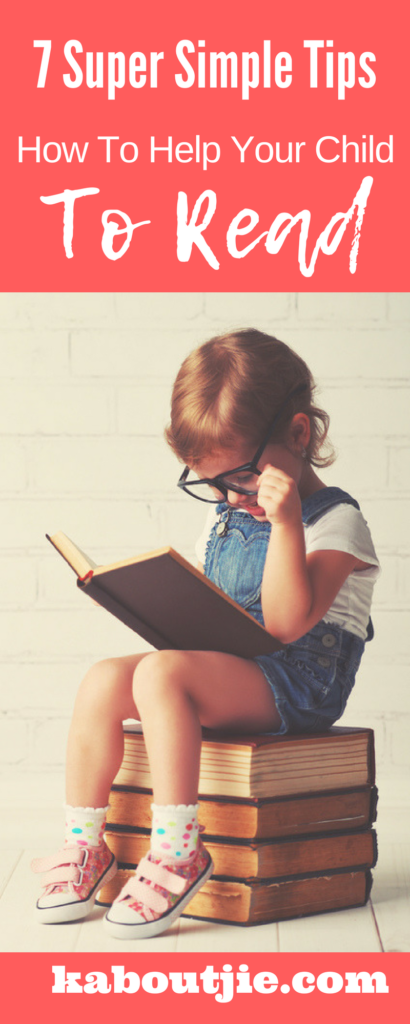
Always focus on the pictures, telling your baby about it in detail. Soon the little one will begin to point to the pictures, wanting to know the name of the object.
Reading with children should take place in a favorable environment, in a good mood, and extraneous sounds should be excluded (turn off the TV) .
Read various short fairy tales, rhymes, nursery rhymes to children. Toddlers perceive simple rhyme very well. Perhaps, at the request of the child, you will have to reread the same rhyme 30 times a day.
Reading books for children 2-3 years old
At this age, kids still actively memorize and are the most grateful listeners. They begin to develop fantasy and imagination, and reading books to children is great for developing creative abilities.
Try to read to your child every day. Even if your little one is playing or doing something, sit down and read anyway. Sooner or later he will develop an interest in reading and join you.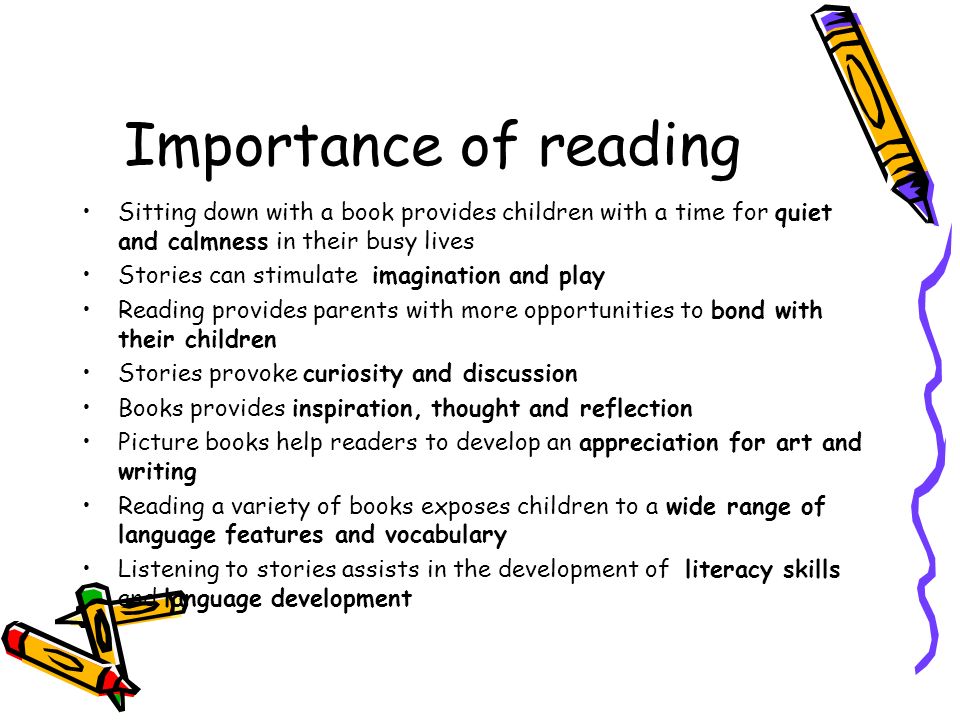
Children develop an interest in role-playing games. Play home puppet theater or simple fairy tales with your baby, for example, "kolobok" or "teremok" . After reading another book or poem, try to draw a plot or main characters together.
Reading good books to children at night is good for sleep. The baby falls asleep faster, his sleep becomes stronger, and wakes up in the morning in a great mood.
Looking at pictures remains an integral part of reading for children. Images can be more complex, invite the child to talk about what he sees.
As for the choice of literature at this age, here it is already necessary to decide on your own which book may be of interest to your baby. Consider the interests of the child. For example, if he likes the world of animals, then choose books with such topics.
How to teach a child to read?
Many parents are wondering how to instill a child's love of reading? Indeed, in the modern world there are so many different gadgets, and cartoons are shown all day and night on TV.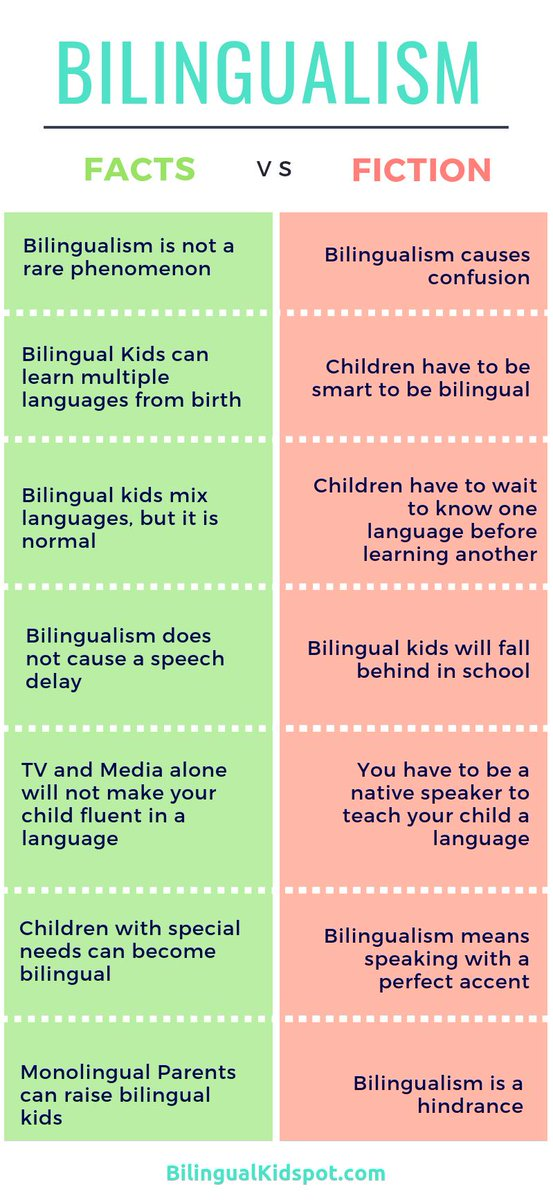 All this may interest the baby much more than reading books. We figured out how to read correctly to children at a particular age. But it is also worth considering some more factors in order to easily accustom a child to reading.
All this may interest the baby much more than reading books. We figured out how to read correctly to children at a particular age. But it is also worth considering some more factors in order to easily accustom a child to reading.
Reading to children should be regular. You can offer the baby several books, and let him choose which one to read today.
The child needs to read what he likes, what he is interested in. Try to read different genres, topics. Find the right book for your child. Perhaps he likes to listen to fairy tales more than poems or songs. Or vice versa.
There must be a library at home. If there are no books in the house, then how can a child be taught to read? It is desirable that printed publications be freely available so that at any time the baby can take a book and ask you to read it. Or look at the pictures on your own, turning the pages.
Do not finish reading the book if the baby starts acting up. You can not force listening to reading "under pressure" .